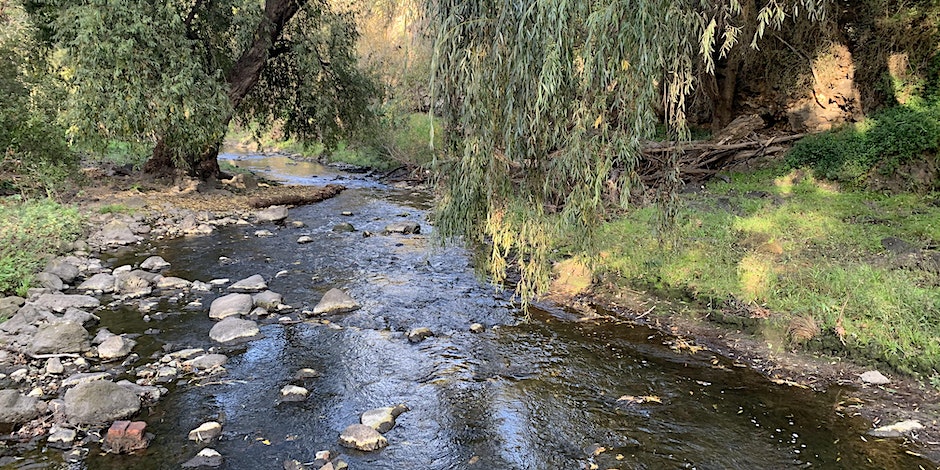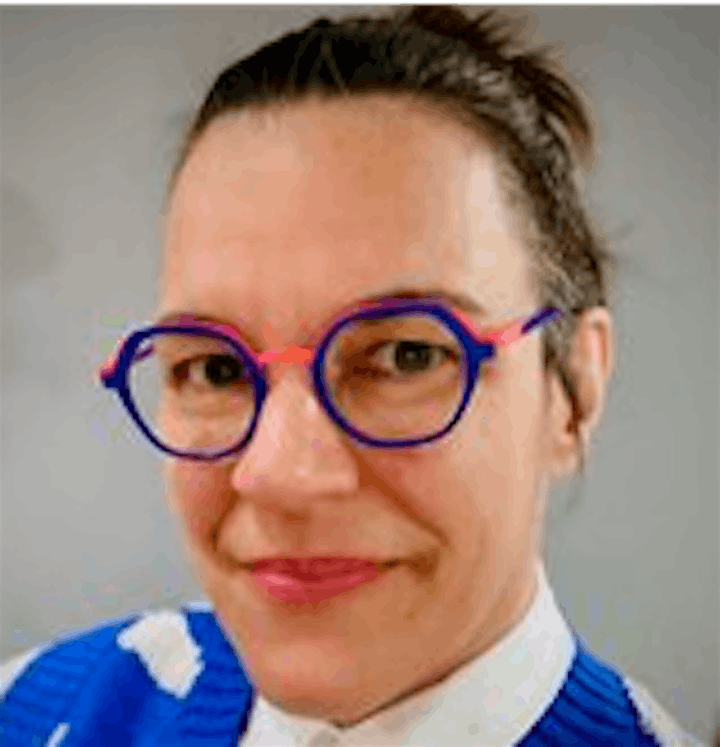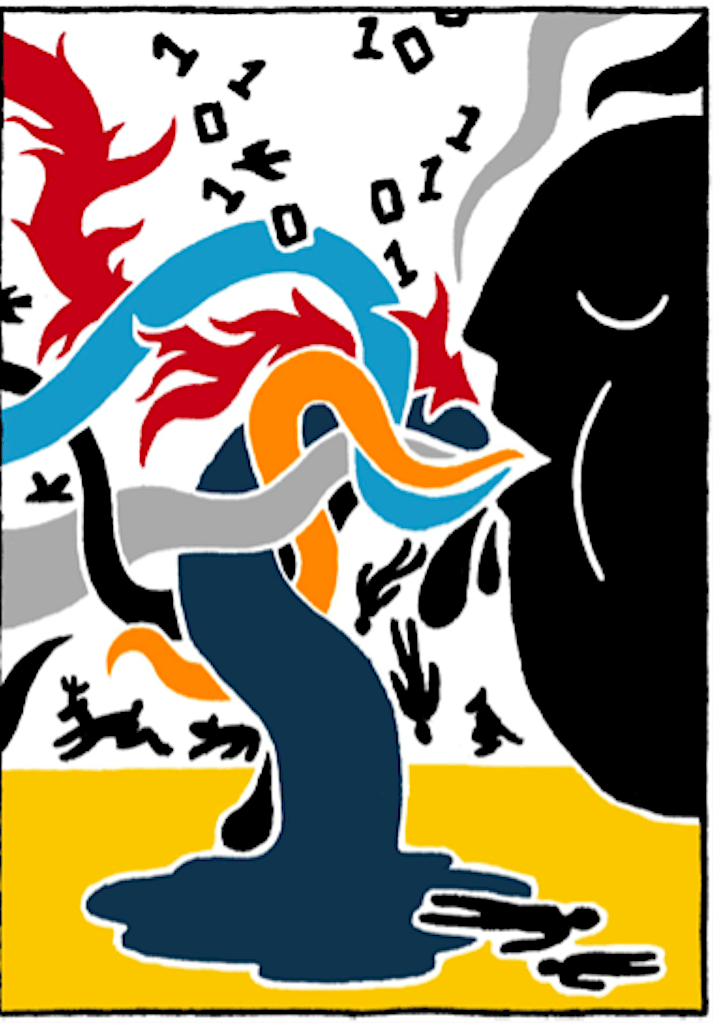SWISP Lab: Young People in Anthropogenic Times

Young People in Anthropogenic Times: Expanding Definitions of Childhoods, Pluricultural Climate Stories and Knowledge Mobilisation
This seminar begins by introducing the idea of an expanded definition of childhoods to include young people up to the age of 24, as proposed by the United Nations who, while acknowledging diverse national definitions, officially define youth as those aged 15 to 24. With 1.2 billion individuals aged 15-24 globally, constituting 16% of the population and projected to rise to 23% by 2030, this demographic is a significant force and must be included in conversations about the future of the planet.
SWISP Lab, a research lab directed by Kate Coleman and Sarah Healy that is located within the Global Childhoods Research Hub, has launched a global climate project called HAK.io. The project seeks to collaboratively practice with youth – as defined by the UN – to produce a pluricultural approach to climate education. We do this by hacking the Anthropocene beginning with climate stories, often not just of individuals but entire communities and families, which provide insight into the complex relations between humans, technology and the land. In Bengaluru, climate stories centered around water scarcity and the lament for absent leeches, which would typically be ‘dancing on the forest floor’ during the monsoon season – which came late this year.
The hackathons pivot around the Hacking the Anthropocene Kit (HAK), a co-designed toolkit created with young people for young people. HAK guides our encounters with young participants toward speculative reimagining of the Anthropocene through research creation. These methods encompass emotion mapping, digital play, the reimagining of cultural narratives, immersive tree walks, and the creation of badges and zines. A key outcome of the hackathons is the development of a pluricultural climate curriculum1 (currere), collaboratively crafted with young individuals onsite at seven Science Galleries spanning seven countries, with a special focus on the global south. This innovative curriculum finds its home in a virtual world of Mozilla Hubs, known as "Speculative Wanderings in the Metaverse."
Through these initiatives, HAK.io seeks to empower young people worldwide to play an active role in addressing the pressing challenges of our Anthropogenic age, acknowledging that collective anti-colonial action, interdisciplinary thinking and collaborative knowledge generation are crucial for shared futures on a livable and more socially just planet.
1. https://www.coe.int/en/web/common-european-framework-reference-languages/plurilingualism-and-pluriculturalism
Who is SWISP Lab?
SWISP Lab (Speculative Wanderings in Space and Place) is a community of interdisciplinary practitioners working in the fields of speculative a/r/tography, digital creativities, digital childhoods, digital methods, digital education, and digital scholarships in the humanities, arts and social sciences. SWISP seeks to speculate as activist a/r/tographers about reparative futures in the midst of climate collapse. We entangle our research pathways in this collective to pose questions, break, disrupt and wander with/in multigenerational connected communities. Our work seeks to move in and out, over and under, through and within spaces and places while knitting together disparate cites/sites/sights in a metagalaxy of ideas, wonderings and speculations.
SWISP DIRECTORS
Associate Professor Kate Coleman is co-lead of SWISP Lab with Dr Sarah Healy. Kate is the AARE co-convenor of the Arts Education Practice Research SIG, and CI on ‘The Learning with the Land’, SSHRC project at the Melbourne Graduate School of Education. Kate is an Academic Convenor for the University of Melbourne, Petascale Campus. Her research and teaching is positioned in the intersection of art, design, digital, practice, culture and data.

Dr Sarah Healy is co-lead of SWISP Lab with A/Prof Kate Coleman. An inaugural Melbourne Postdoctoral Research Fellow, Sarah is best known for her contributions to the fields of critical affect studies, digital methods and the posthumanities, Sarah’s interdisciplinary program of research involves research collaborations with academics, artists, practitioners and educators from around the globe.

